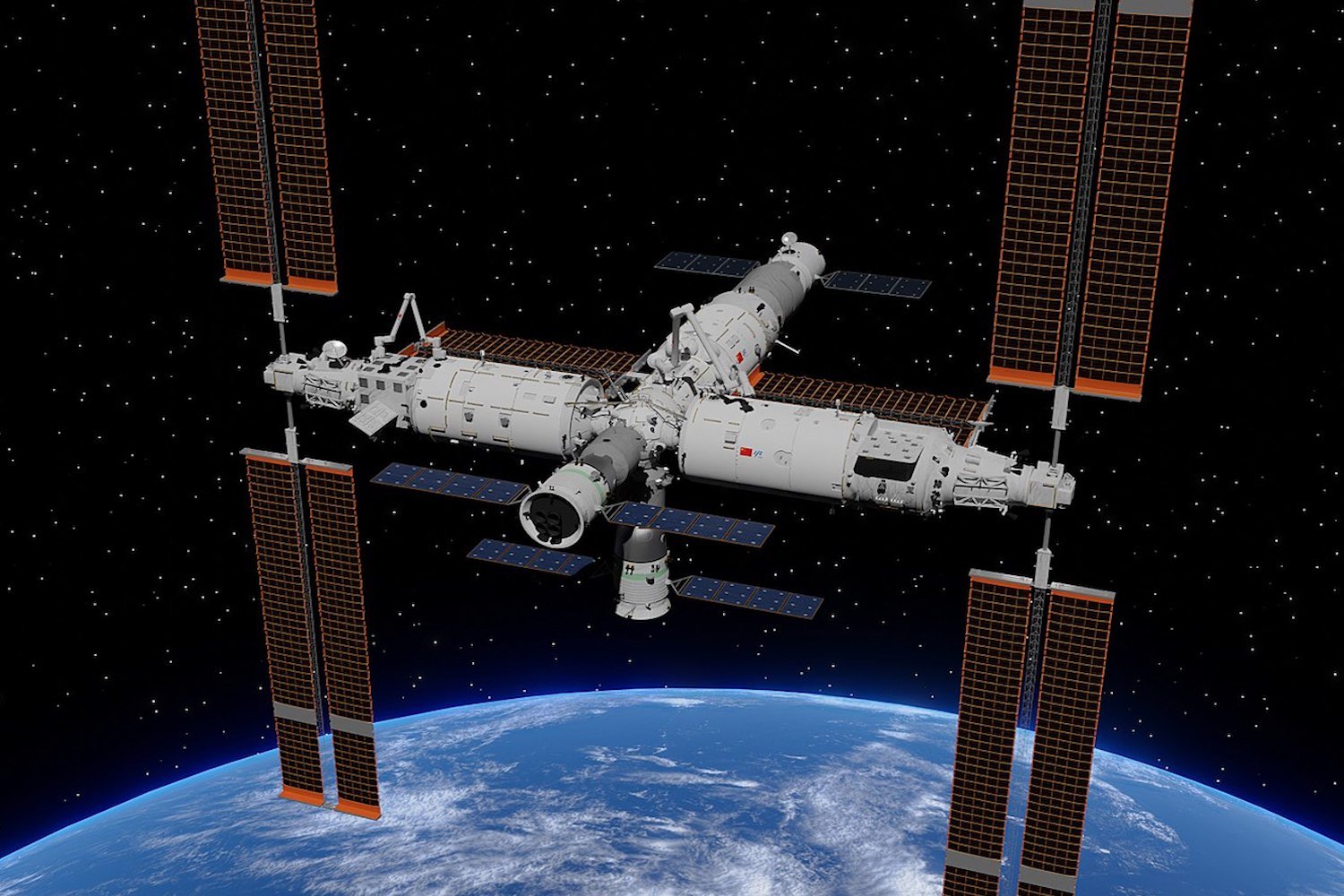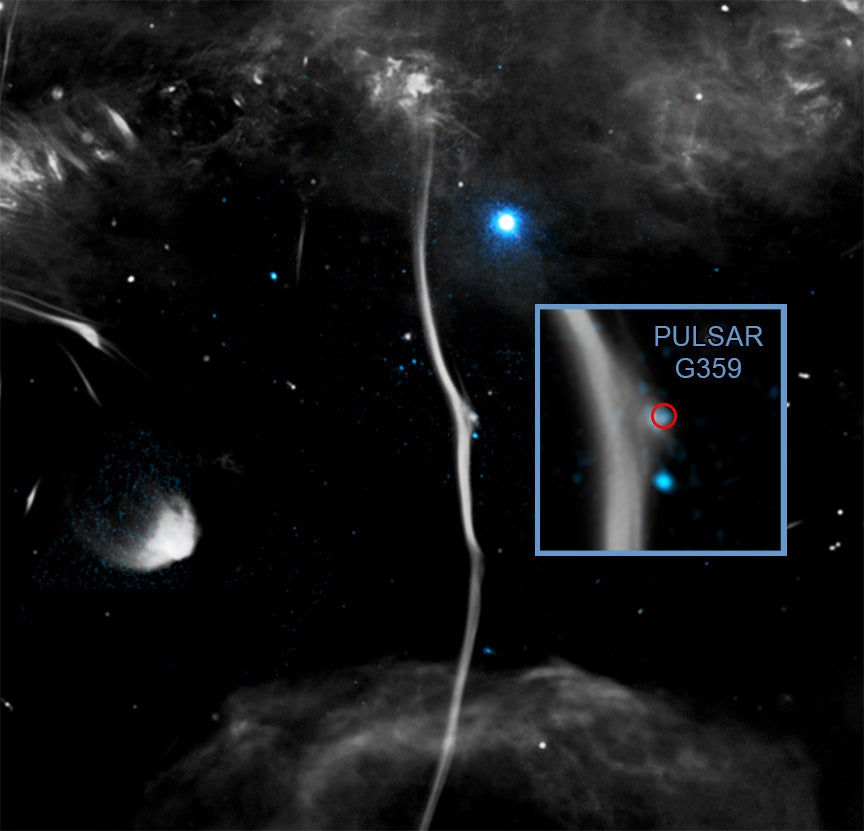
Anew study said the streaks aren’t caused by water. Instead, the study suggests, the streaks are due to wind and dust.

The microbes could potentially pose a threat to the health of astronauts on board Tiangong.

Researchers said on May 20, 2025, that there could be abundant water on the seven worlds.

Researchers propose a new theory for the origin of dark matter. It could have formed in the early universe from the collision of massless particles that lost their energy and condensed.

In data collected by a powerful radio telescope, astronomers have found what appears to be a perfectly spherical bubble. A large international team has named the object Teleios, after the ancient Greek for "perfection".

New research uncovers the strongest solar event ever detected - rewriting our understanding of space weather and radiocarbon dating.

The mysterious force called Dark Energy, which drives the expansion of the Universe, might be changing in a way that challenges our current understanding of time and space.

A green glow snapped from Mars marks the first time that an aurora has been observed from the surface of another planet.

Data from NASA's Magellan mission suggests Venus could be more geologically active than previously thought. The data shows compelling evidence for ongoing tectonic activity shaping Venus's surface features.

On 14 May 2025, the Sun erupted with the biggest flare we've seen all year.

On May 6, 2025, an international team of astronomers using the W. M. Keck Observatory in Hawaii said it has listened to the “music” of a nearby star.

Now, the unique capabilities of the NASA/ESA/CSA James Webb Space Telescope are providing new insights into the Jovian aurorae.

Evidence is mounting that a secret lies beneath the dusty red plains of Mars, one that could redefine our view of the Red Planet: a vast reservoir of liquid water, locked deep in the crust.

The half-tonne Soviet vehicle malfunctioned after its launch in 1972 and never made it out of Earth's orbit for the next 53 years.

NASA's Chandra X-Ray Observatory helped diagnose the cause behind a large kink in a huge filament near the center of the Milky Way.